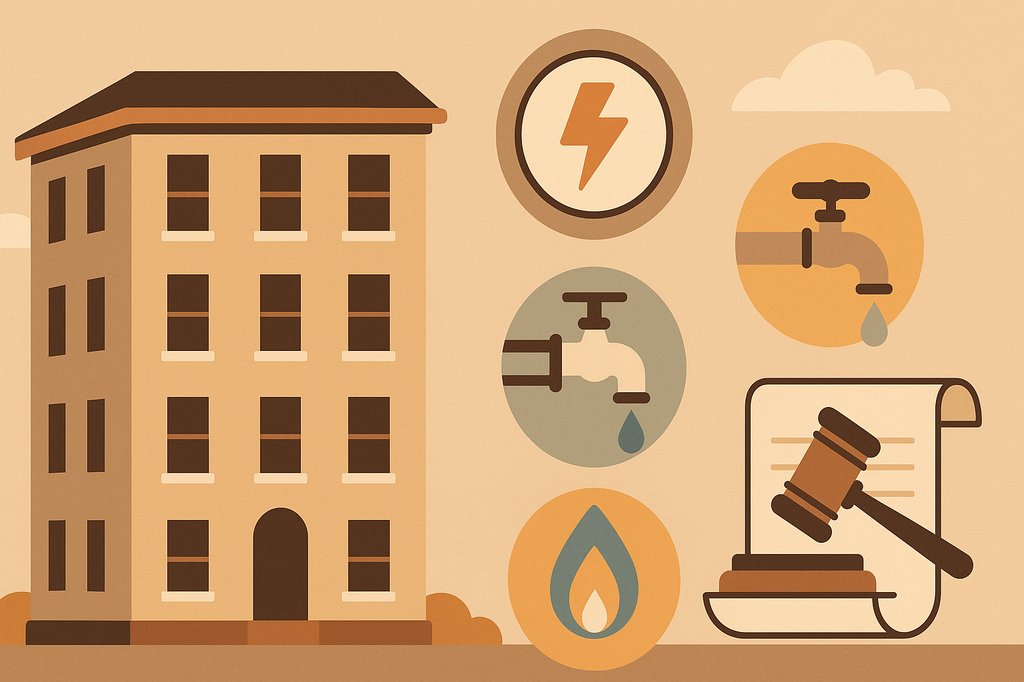Top 10 Worst Property Management Mistakes
By John Wilhoit, Jr.
The question that will come to mind as you read this is “who does that”? The unfortunate answer is too many people charged with operating valuable assets- multifamily assets. We are in an industry full of talented people. Mostly. There will always be exceptions and bad actors. The exceptions are often those lacking training. The back actors- they are just that.
If these mistakes are occurring with your assets it is probably time to look for new management; first to stop the damage and second to remedy the potential of on-going issues and the exposure they represent. Suffice to say these are all bad for you.
- Allowing a danger to public safety to persist. Suspect electrical, known illegal drug use, endangerment of children, domestic abuse or on-going violent behavior. All or any similar issues require immediate attention in real time once known.
- Creating, encouraging or allowing fraudulent acts. No one should be skimming off the top. Property management is a business requiring a very high level of integrity and trust. Recognizing that a single asset can produce millions of dollars in revenue each year requires having complete trust in the operator. Trust, but verify.
- Keeping a bad hire. Keeping a bad hire is one of the costliest human mistakes made by a management company. It is one thing to make the mistake, quite another to allow it to persist and potentially cause more damage. Hiring is a science, not an art. Hiring practices that include assessments and benchmarking reduce the potential for a bad hire exponentially.
- Bad tenant screening (or no tenant screening). Anymore, the expense of obtaining a background screening is pennies compared to the potential loss of large dollars necessary to remedy a poor resident selection. Having these tools available (credit and criminal background checks) and failing to implement them consistently is trouble waiting to happen.
- Letting water run. Indoors or outdoors running water is seldom a positive. Find the pliers. Call the plumber, the roofer, the candle stick maker- whoever has the answer to getting that water stopped! Prefer within the hour, always. Shut the water off to the building, then assess.
- Allowing insurance to lapse. ‘nough said. Murphy’s Law lives here.
- Ignoring maintenance calls.News flash… they do not go away. Good will is hard to earn and easy to lose. If management does not care about your customers who will? Property management encompasses quality service that includes maintenance. This in turn provides good will with customers and, by design, less turnover and longer lease terms.
- Ignoring renewals. The number one objective to retaining a stable income stream is making sure your customers are staying in place with a proactive renewal policy. If there is no renewals policy then there can be no stable income. Property management must be diligent about renewals.
- Lack of record keeping. Uncle Sam eventually catches up and when he does, it is like an ocean wave hitting a single piece of sand. Keep good records. File tax documents on time using quality service providers. Your property manager should retain good records and provide on-time deliver for tax preparation.
- Avoiding the telephone. There are varying policies regarding telephone etiquette and responsiveness. Implement a policy and stick with it. What is your property managers “written policy” about telephone contacts? Your customers and potential customers want consistency. Having the attitude of “they’ll call back” is self-deception. “They” (potential tenants) do not. They talk to the next person that picks up the phone.
10(a). Unavailability of Product (as commented by Vicki Sharp). “Having empty units with none available to show is an obvious candidate for being one of the seven deadly sins in property management. Livable space is our product. Having this livable space in condition for showing to potential paying customers is why property owners hire property managers.
10(b). Lowering credit standards (as commented by Mark Dewey). “Reducing credit qualification standards during the application process. This gives an immediate bump to occupancy but at too high a costs. Reducing credit standards creates a “downward” spiral as collections and other similar activity increases. Basically, you are taking good product off-line only to see your average revenue per unit decrease over time”.
10(C). Under-estimating preventative maintenance costs (as commented by Terry Graves). Under estimating the need to do your monthly and quarterly preventative maintenance.








